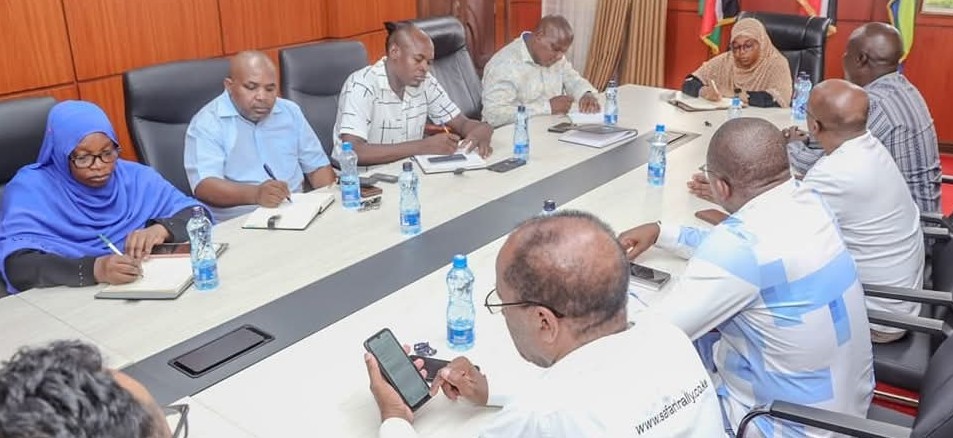Treasury warns billions at risk as counties rely on third-party revenue systems

According to records from the Office of the Controller of Budget, counties missed their own-source revenue target of Sh87.67 billion by 23 per cent in the financial year ended June 2025, collecting only Sh67.3 billion.
A review by the National Treasury shows that most counties still rely on third-party revenue systems, leaving billions of shillings vulnerable to manipulation and loss.
The Treasury, in its 2025 Budget Review and Outlook Paper (BROP), raised concern over the lack of integration and ownership of revenue collection platforms across county governments. The review notes that most counties continue to use unintegrated systems operated by private vendors, a situation that limits oversight and increases the risk of data breaches and revenue leakage.
More To Read
- Parliament seeks Controller of Budget control of Sh63 billion Housing Levy to curb misuse
- Treasury under fire for using Sh2.67 trillion in domestic loans on recurrent spending
- Controller of Budget urges faster adoption of e-GPS for public projects
- National Treasury secures Sh437.8 billion loan to plug budget deficit
- MPs raise alarm over alleged misappropriation of College of Insurance land
- Revenue gaps, budget misalignments hurting service delivery, warns Auditor General
“Most counties do not own the revenue management systems, exposing them to data breaches and losses during transitions,” the Treasury said in its latest assessment, which evaluated the implementation of the 2024/2025 county budget.
The warning comes as counties struggle to meet their own-source revenue targets, a key element of their financial autonomy. Despite setting ambitious annual projections, many counties consistently fall short, forcing them to rely heavily on transfers from the national government.
According to records from the Office of the Controller of Budget, counties missed their own-source revenue target of Sh87.67 billion by 23 per cent in the financial year ended June 2025, collecting only Sh67.3 billion.
The Treasury noted that the lack of centralised and automated systems undermines efficiency and accountability in local revenue management.
The Office of the Controller of Budget has also repeatedly flagged instances where counties collect revenue but spend it at source without proper oversight.
In some cases, county officials have been accused of colluding with system vendors or intermediaries to manipulate collection records, resulting in the loss of public funds. When data and systems are managed outside government, counties lose continuity and oversight, especially during vendor transitions or disputes.
The government aims to establish a uniform platform that allows real-time monitoring of county revenues, enhances transparency and ensures all collections are deposited directly into county revenue funds.
Last year, KRA Commissioner General Humphrey Wattanga told the Senate ICT Committee that the absence of standardised revenue administration and collection processes has harmed county revenues.
“Additionally, vendors usually charge a percentage of revenue collected, which in some cases is unreasonably high,” Wattanga said, noting that procurement of these systems is often challenged by unclear technical requirements and vendor-driven contracting processes.
While counties such as Nairobi, Mombasa and Kisumu have begun integrating digital solutions, many others still operate manual or semi-digital systems that are prone to inefficiencies and fraud.
The Treasury added that weak enforcement of ICT standards and limited technical expertise have compounded the problem. Some of the existing systems fail to comply with the Public Finance Management Act and the Data Protection Act, which mandate safeguarding citizen information and ensuring accountability in financial management.
Top Stories Today














































